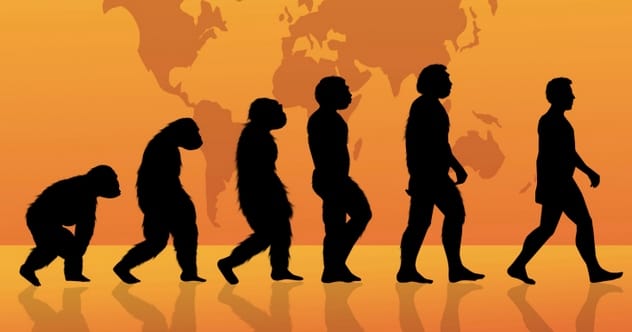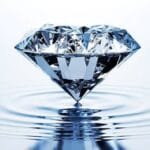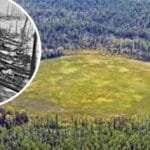Are you sure you know the truth about the world around you? Many of us hold onto beliefs about natural phenomena that simply aren’t true. Let’s explore some common misconceptions and set the record straight! Get ready to have your mind blown!
Why Misconceptions Persist
It’s easy to misunderstand scientific concepts. Sometimes, what we experience daily clashes with scientific facts. Other times, we just accept ideas that align with our existing beliefs, even if they’re not accurate. Let’s dive into some of these widespread myths.
1. Bubbles in Boiling Water Are Air
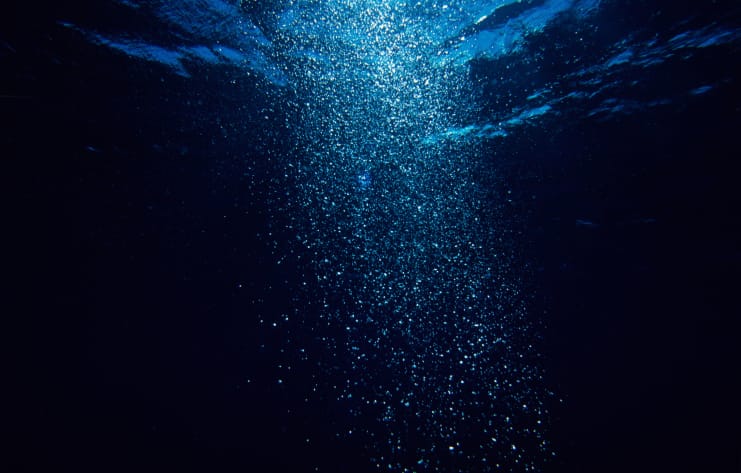
Many believe those bubbles rising in boiling water are primarily air. Initially, when you heat water, air bubbles do form. However, as the temperature rises, water vapor starts to surround these air bubbles. By the time the water reaches boiling point, the bubbles are almost entirely made of water vapor!
2. Black Holes Swallow Everything
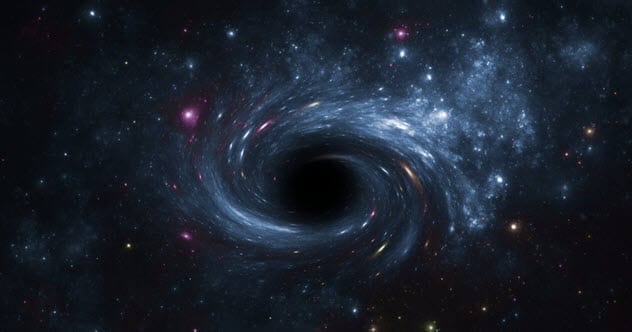
The idea that black holes are cosmic vacuum cleaners, sucking up everything around them, is a common misconception. While black holes have immense gravitational pull, they don’t just swallow everything in sight. If our sun were to become a black hole, it wouldn’t suck the Milky Way into oblivion. The planets would continue to orbit at the same distance, though life as we know it wouldn’t survive due to the lack of sunlight.
3. Diamonds Come From Coal
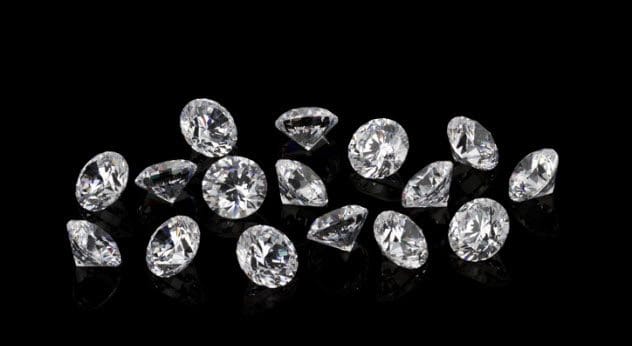
Superman squeezing coal into a diamond is a popular image, but it’s not entirely accurate. While scientists can create diamonds using high-pressure and high-heat, mimicking the Earth’s natural processes, they don’t use coal. Diamonds are formed from pure carbon under extreme conditions over millions of years. Coal, on the other hand, is only 10-50% carbon, mixed with plant matter and other elements.
4. Evolution Is Purely Chance
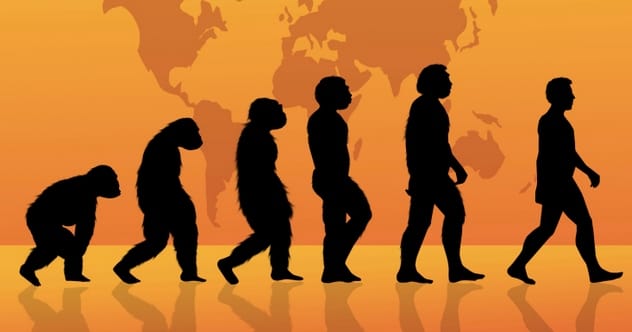
Many think evolution is solely based on random chance. However, it’s a combination of random mutation and natural selection. Natural selection ensures that beneficial traits are more likely to be passed on, making it a non-random process. So, evolution is a mix of both chance and necessity.
5. Highway Overpasses Offer Tornado Protection

Seeking shelter under a highway overpass during a tornado might seem like a good idea, but it’s actually quite dangerous. Overpasses don’t protect against whirling debris and the intense force of the wind. In fact, wind speeds can be even higher under an overpass. It’s much safer to find a sturdy building or lie flat in a ditch.
6. Bananas Grow on Trees
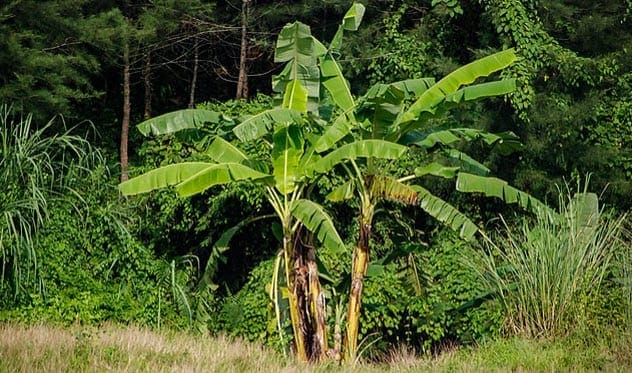
While banana plants look like trees, they’re actually perennial herbs! They lack woody fibers, a trunk, and branches, which are characteristics of trees. So, you could say bananas grow on giant herbs, which is a fun fact to share!
7. Hand Washing Kills All Microbes

In the age of heightened hygiene awareness, it’s easy to believe that hand washing kills all microbes. However, that’s not entirely true. Hand washing doesn’t eliminate all germs, but it effectively removes them, reducing the risk of infection. The type of soap, washing method, and duration all play a role in its effectiveness.
8. Higher SPF Means Better Protection
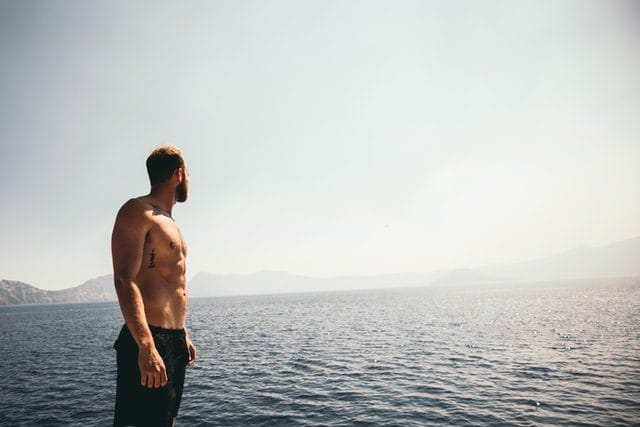
The higher the SPF, the better the protection, right? Not exactly. While sunscreen is essential for protecting against UV radiation, an SPF of 30 blocks about 97% of UVB rays. Higher SPFs offer only a marginal increase in protection. Regular application is more important than chasing the highest SPF number.
9. Maine Is the Easternmost State
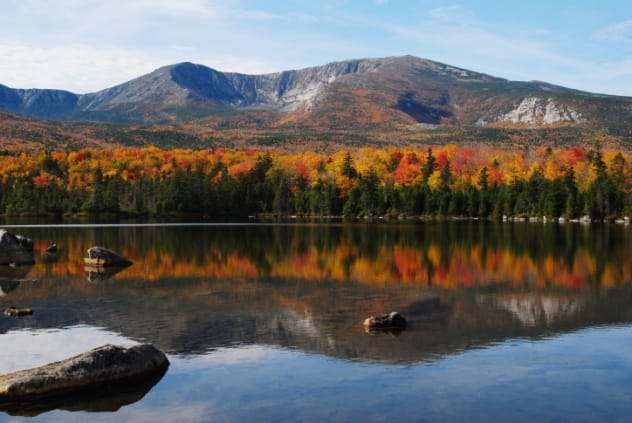
A quick glance at the map might suggest that Maine is the easternmost state in the U.S. However, due to the Aleutian Islands, Alaska holds the title of both the easternmost and westernmost state! Those islands cross the 180th meridian, placing them in the farthest eastern longitudes.
10. All Fetuses Start as Female

The idea that all fetuses start as female is a common misconception. Embryologists once believed this, but now it’s understood that a fetus starts as gonadally and anatomically neutral. The presence or absence of the SRY gene determines whether it develops as male or female.
Conclusion
It’s fascinating how many misconceptions we hold about the world around us. From bubbles in boiling water to the development of fetuses, the truth is often more complex and surprising than we realize. Questioning our assumptions and seeking accurate information is key to understanding the wonders of natural phenomena.
What did you find most surprising? Leave your comment below!


